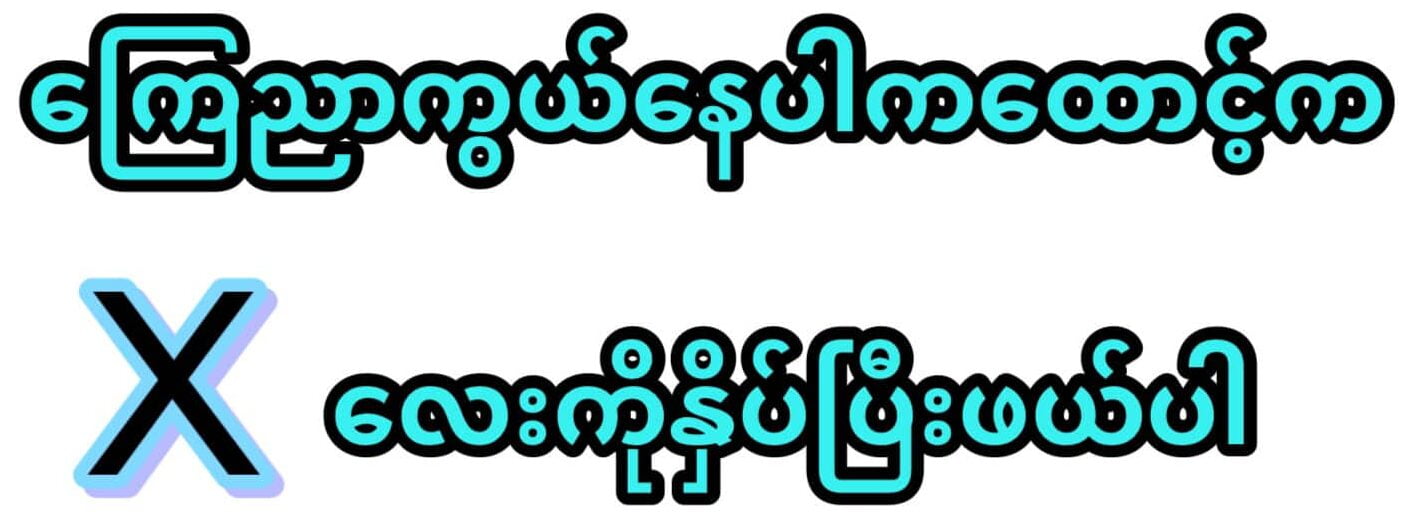This business, which was once known as Japan Inc. and was once a poster boy for Japan’s dominance in the electronics industry, has delisted, bringing an end to its 74-year existence with the stock exchange in Tokyo.
Consequently, why did one of the most well-known companies in the industrial sector in Japan experience such a stunning fall from grace?
In 2015, it was discovered that accounting malpractices had occurred throughout numerous divisions, with a significant number of them implicating high management. This was the beginning of everything.
Toshiba had been overstating its profit by $1.59 billion (£1.25 billion) for a period of seven years.
Further accounting problems were discovered by Toshiba in the year 2020.
According to the charges, there were additional allegations about corporate governance and the manner in which decisions regarding shareholders were made.
Toshiba was found to have conspired with Japan’s trade ministry, which saw Toshiba as a strategic asset, in order to suppress the interests of foreign investors, according to the findings of an investigation that took place in 2021.
It was not only a problem for Toshiba; rather, it was a problem for the entire stock market in Japan, according to the experts who were present at the time. This caused foreign investors to be uncomfortable with the idea of investing in Japanese equities.
Towards the end of 2016, Toshiba announced that it would assume responsibility for a number of billion dollars related to the development of a nuclear power plant that Westinghouse Electric, a subsidiary of the United States, had purchased the previous year.
A bankruptcy petition was submitted by Westinghouse three months later, leaving Toshiba with the possibility of the collapse of its nuclear industry and more than six billion dollars in liabilities.
The company liquidated a wide variety of businesses, including mobile phones, medical systems, and white goods, among others.
After that, it was compelled to put its chip unit, Toshiba Memory, up for sale, a transaction that had been delayed for a number of months due to a disagreement with one of its partnership partners.
Toshiba was forced to sell off a treasured asset in order to acquire capital at a time when other businesses were making significant investments in the continued development of technology and innovation.
When the year 2017 came to a close, Toshiba was able to avoid being forced to delist its shares by securing a financial injection of $5.4 billion from investors located in other countries.
But this meant that shareholders who were more activist had a greater influence in the way the company was headed.
Consequently, this resulted in drawn-out battles that rendered the manufacturer of batteries, chips, and nuclear and defense equipment unable to function.
In response to a significant amount of debate on whether or not the company ought to be divided into a number of smaller companies, Toshiba established a committee to investigate the possibility of the company being taken private.
Toshiba was presented with eight different takeover options in June of 2022.
The company announced earlier this year that it would be acquired by a consortium of Japanese investors led by Japan Investment Corp (JIC), which is supported by the Japanese government, for a total of $14 billion.
What the new owners want to do to turn around Toshiba is not entirely obvious; nevertheless, the company’s outgoing chairman has stated that high-margin digital services will be a primary priority.
It is true that JIP has developed a track record of successfully separating businesses from large manufacturers, such as the photography unit of Olympus and the laptop division of Sony.
It was in 2014 when Sony purchased the Vaio laptop business, and it was this acquisition that enabled the company achieve record sales this past year.
On the other hand, Toshiba is a considerably larger firm, and the stakes are extremely high: Approximately 106,000 people are employed by Toshiba, and certain of the company’s operations are considered to be essential to the nation’s security.






